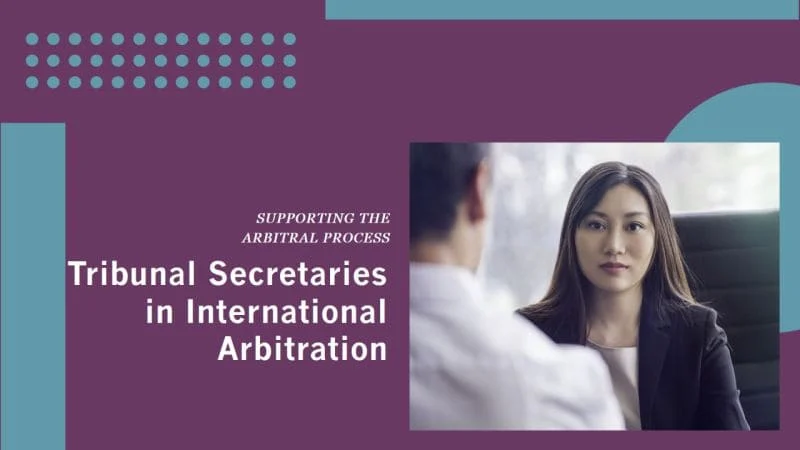We are empaneled Arbitrators with leading forum such as India International Arbitration Centers, Construction Industry Arbitration Council, Maldives International Arbitration Centre, Indian Council of Arbitration etc.,
As Arbitrators, we are neutral third parties appointed to resolve disputes between parties outside of court. They are chosen by mutual agreement of the parties involved or are appointed through arbitration institutions or procedures outlined in arbitration agreements. Here are key aspects about arbitrators:
Arbitrators must be neutral and impartial. They cannot have any stake in the outcome of the dispute and must approach the case without bias towards any party.
Arbitrators typically possess expertise in the subject matter of the dispute, such as contract law, commercial transactions, construction, intellectual property, or international trade. They may have legal, technical, or industry-specific backgrounds.
Arbitrators are appointed through various means, including:
Agreement by the parties: The disputing parties mutually select the arbitrator(s).
Appointment by a designated authority: Arbitration agreements may specify an institution or individual responsible for appointing arbitrators.
Court appointment: In some jurisdictions, courts may appoint arbitrators if the parties cannot agree or if the arbitration agreement specifies court intervention.
Arbitrators derive their authority from the arbitration agreement signed by the parties. The agreement outlines the scope of arbitration, procedural rules, and the selection process for arbitrators.
Before accepting an appointment, arbitrators must disclose any potential conflicts of interest, including prior relationships with the parties or their representatives, financial interests, or previous involvement in related matters.
Arbitrators have the authority to establish procedural rules, conduct hearings, admit evidence, and render decisions in accordance with the arbitration agreement and applicable law.
Arbitrators make binding decisions known as arbitral awards, which resolve the dispute between the parties. These awards are enforceable in court, subject to limited grounds for challenge or appeal as defined by law.
Arbitration proceedings are often confidential, protecting the privacy of the parties involved and the details of the dispute. However, this can vary depending on the arbitration agreement and applicable laws.
Arbitrators charge fees for their services, which may vary depending on factors such as their experience, reputation, and the complexity of the case. Parties typically share the costs of arbitration, as outlined in the arbitration agreement.






